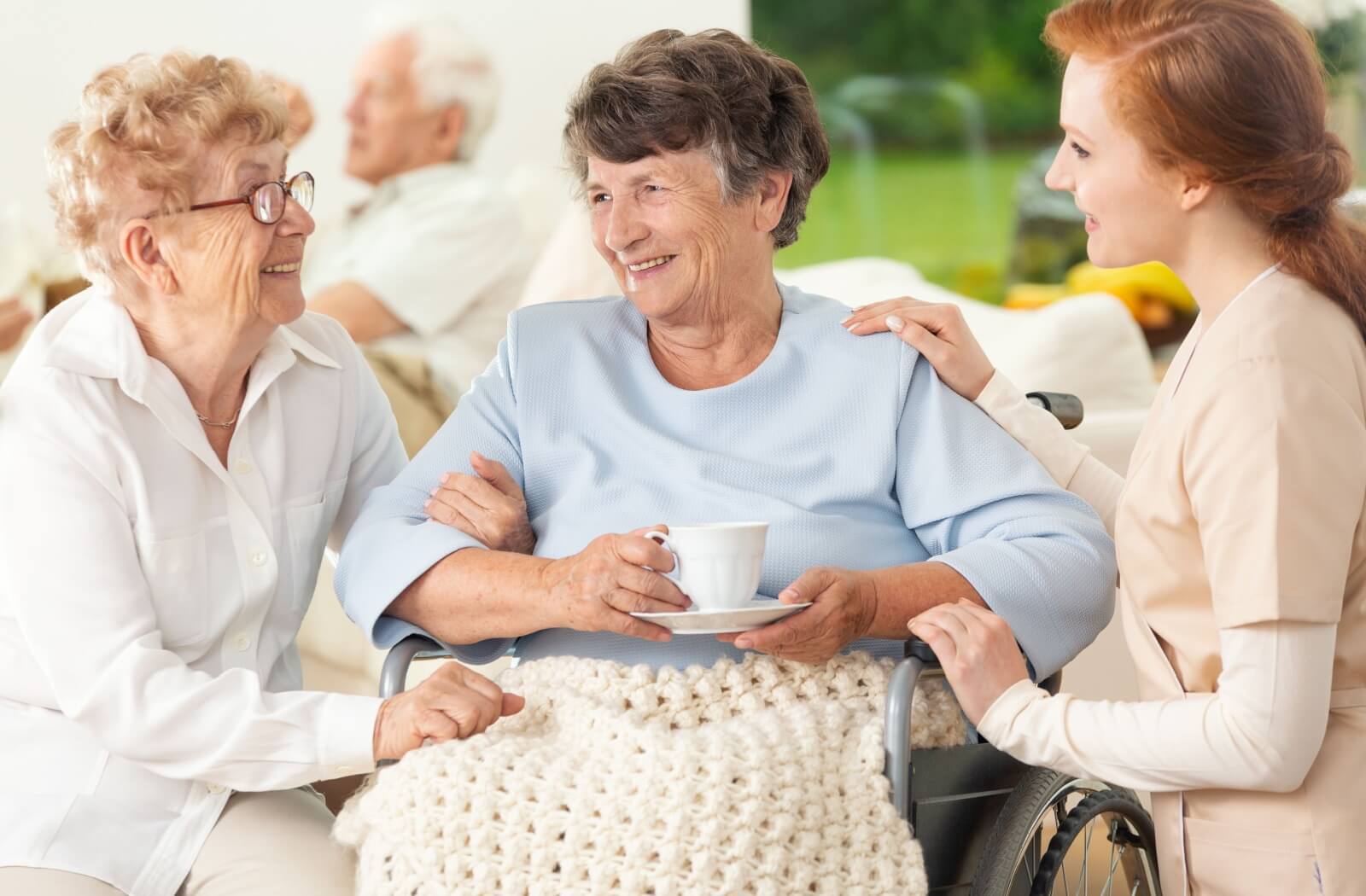Key Takeaways
- Prioritize safety and well-being when considering if a loved one with dementia should stop living alone.
- Look for signs of worsening dementia, such as difficulty managing daily tasks, increased confusion, or safety concerns like leaving appliances on and wandering.
- Open communication with your loved one and family members is essential to make informed and compassionate decisions.
- Professional assessments from doctors or dementia care specialists can provide valuable insights and guidance.
- Transitioning to additional care or assistance can foster a supportive, nurturing environment that respects your loved one’s dignity and comfort.
When Is It Time to Consider a Change?
Deciding when a person with dementia should stop living alone is one of the most difficult and emotional challenges a family can face. You want to honor their independence and the life they’ve built, but their safety and well-being are paramount.
There’s no single, definitive moment when a person with dementia should stop living alone. Instead, it’s often a gradual accumulation of signs that suggest living independently is becoming too risky.
We want to help you navigate this sensitive journey. We’ll explore the potential risks of living alone with dementia, outline key signs that indicate a need for more support, and discuss care options—from in-home assistance to memory care communities—that can ensure your loved one is safe, comfortable, and cared for. Recognizing these changes early can help you plan and make thoughtful decisions together.
Risks of Living Alone with Dementia
For a person with dementia, home can transform from a place of comfort into a source of potential hazards. As cognitive abilities decline, everyday tasks can become dangerous. Memory lapses might lead to forgetting to turn off the stove or leaving doors unlocked. Judgment can become impaired, making them vulnerable to scams or financial exploitation.
Physical risks are also a significant concern. A person might forget to take essential medications or take incorrect doses, leading to serious health complications. There’s an increased risk of falls, which can result in severe injuries. Furthermore, loneliness and social isolation can worsen symptoms of dementia and lead to depression, further impacting their quality of life. Understanding these risks is the first step toward creating a safer environment for your loved one.

Signs It May Be Time for More Support
Observing your loved one’s behavior and environment is key to determining if they need more help. While occasional forgetfulness is normal, a pattern of concerning incidents often indicates that living alone is no longer safe.
Key signs to watch for:
- Changes in Personal Hygiene: You might notice a decline in grooming habits, such as wearing the same clothes for several days or neglecting to bathe.
- A Messy or Unkempt Home: Look for spoiled food in the refrigerator, piles of unopened mail, unpaid bills, or a general state of disarray that is out of character.
- Poor Nutrition and Weight Loss: Signs they are not eating properly include significant weight loss, a lack of fresh food in the house, or reliance on simple, unprepared snacks.
- Safety Concerns: Finding scorched pots and pans, evidence of small fires, or learning they have gotten lost in familiar neighborhoods are serious red flags.
- Medication Mistakes: Discovering missed doses or incorrectly taken medications can signal that managing their health has become too difficult to handle alone.
- Increased Confusion or Agitation: A noticeable increase in confusion, especially in the late afternoon or evening (known as sundowning), can make being alone frightening and unsafe.
- Social Withdrawal: If your loved one stops participating in activities they once enjoyed or isolates themselves from friends and family, it could be a sign they are struggling.
Care Options for Families to Consider
Once you’ve determined that your loved one needs more support, the next step is to explore the available care options. Memory care is often the most recommended choice for people and families affected by dementia, but the right choice can depend on specific needs, financial considerations, and personal preferences.
- In-Home Care: Professional caregivers can visit the home for a few hours a day or provide 24/7 support. They can assist with daily tasks like cooking, cleaning, personal care, and medication management, allowing your loved one to remain in a familiar environment.
- Assisted Living: Assisted living communities are designed for older adults who need some help with daily activities but do not require intensive medical care. They offer a supportive environment with social activities, meals, and on-site staff. However, they are generally only suitable for people during the very early stages of dementia. In most cases, senior living communities will recommend memory care for people with dementia because it is more specialized toward managing cognitive challenges.
- Memory Care: Memory care communities are specialized, safe environments designed for people with dementia and other cognitive conditions. The staff is trained specifically in dementia care, and the layouts and activities are designed to support cognitive function and ensure residents’ safety.
Making the Transition with Compassion
Talking about moving or bringing in help is never easy. Approach the conversation with empathy and patience, focusing on your love and concern for their safety. Involve your loved one in the decision-making process as much as possible to help them feel a sense of control.
This transition is a significant life change, and it’s normal to feel a mix of emotions—for both you and your loved one. Remember that seeking help is a sign of love and strength. By ensuring they have the right support, you are giving them the gift of the best possible quality of life.
If you find yourself navigating this path and would like a compassionate ear or some gentle guidance, please don’t hesitate to get in touch with us at Juniper Village at South Hills. We are here to help.







